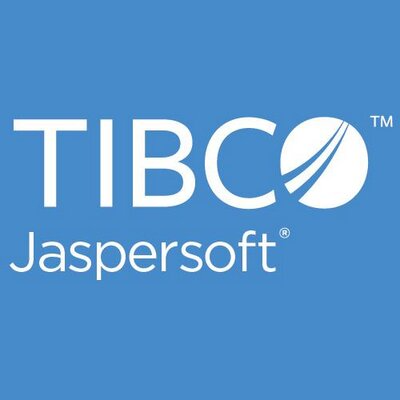Description
Introduction of Power Platform Solution Architect Expert (PL-600)
This training program is designed for individuals preparing for the Microsoft Certified: Power Platform Solution Architect Expert (PL-600) exam. It provides a comprehensive overview of the skills and knowledge required to design, implement, and manage complex Power Platform solutions. Participants will learn about solution architecture, best practices, governance, and advanced configuration to create scalable and effective solutions using Power Apps, Power Automate, Power Virtual Agents, and Power BI.
Prerequisites
- Advanced knowledge of Microsoft Power Platform components (Power Apps, Power Automate, Power Virtual Agents, Power BI)
- Experience in designing and implementing Power Platform solutions
- Understanding of data modeling, integration, and security
- Familiarity with project management and solution architecture concepts
- Prior experience with Power Platform or related development environments is beneficial
Table of contents
Conclusion
Achieving the Power Platform Solution Architect Expert certification signifies a comprehensive understanding of Microsoft Power Platform capabilities. Participants will be well-prepared to drive innovation and efficiency within organizations by architecting robust solutions that align with business objectives and optimize data-driven decision-making.
If you are looking for customized info, Please contact us here







Reviews
There are no reviews yet.